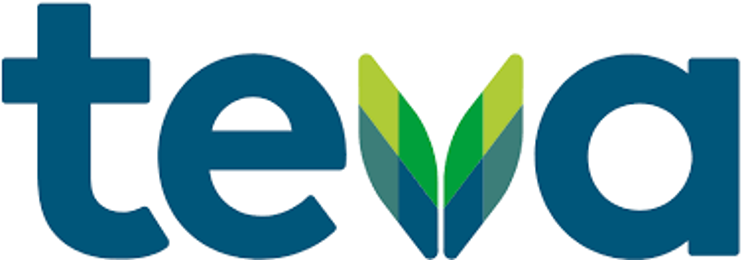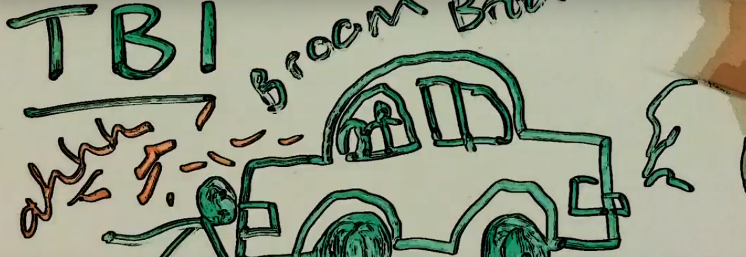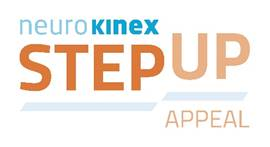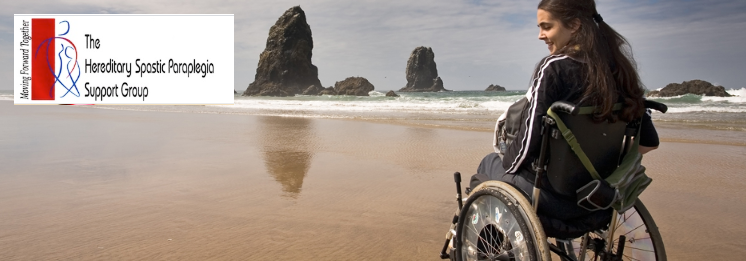
The Janssen Pharmaceutical Companies of Johnson & Johnson are delighted that the Scottish Medicines Consortium (SMC) accepted SPRAVATO®▼ (esketamine) nasal spray (7th September 2020) for use within NHS Scotland in combination with a selective serotonin reuptake inhibitor (SSRI) or serotonin-norepinephrine reuptake inhibitor (SNRI), for adults with treatment-resistant Major Depressive Disorder (TRD), who have not responded to at least two different treatments with antidepressants in the current moderate to severe depressive episode. SPRAVATO®▼ (esketamine) nasal spray offers a new mechanism of action to treat MDD, in a therapy area that has had little innovation since the introduction of SSRIs or SNRIs over 30 years ago.
Major depressive disorder (MDD) is a significant health condition that has a profound impact on people’s lives. Up to 30 per cent of people living with MDD are considered to have TRD, which can cause significantly lower health-related quality of life, reduced productivity at work and increased absenteeism. Read more here.
The SMC advice is based on data from the robust Phase 3 clinical trial, including the TRANSFORM-2 trial which showed that in adults (aged 18 to 64 years) with treatment resistant depression, esketamine nasal spray plus newly initiated oral antidepressant significantly reduced (p=0.02) the Montgomery-Åsberg Depression Rating Scale (MADRS) total score from baseline to week 4 compared with placebo nasal spray plus newly initiated oral antidepressant.
However, the company is disappointed with the National Institute for Health and Care Excellence (NICE) second draft guidance published on 3rd September, that does not recommend SPRAVATO®▼ (esketamine) nasal spray in England.[i]
“It is a real shame that this treatment will now need to go through a third appraisal committee and is extremely frustrating for clinicians and for patients living with treatment-resistant major depressive disorder who are in desperate need of an alternative treatment option,” commented Amanda Cunnington, Director of Health Economics, Market Access & Reimbursement (HEMAR) and Advocacy, Janssen-Cilag Limited. “It is important that Janssen and NICE work together along with other stakeholders to make sure that innovative treatments in mental health, such as esketamine nasal spray, are able to navigate the NICE appraisal process and, once approved, be used in clinical practice.
There are real challenges in the way mental healthcare is considered that limits access and uptake of innovation, which contributes to the disparity between treatments for physical and mental health.”
NICE has recognised the negative impact treatment-resistant depression has on patients, their families and carers, and the unmet need for new effective treatment options. Depression is the leading cause of disability worldwide and is one of the conditions most frequently associated with suicide.[ii],[iii] Major depressive disorder is a serious disease that causes a significant, negative impact on the way people think, feel and act.[iv] Symptoms and severity vary by person and may include: persistent feelings of sadness; hopelessness or tension; changes in sleep or appetite; difficulty concentrating or performing activities of daily living; lack of interest; and/or thoughts of harming themselves.[iv],[v]
Janssen believes that, based on the evidence submitted, esketamine nasal spray is a cost-effective use of National Health Service (NHS) resources. Janssen is seeking to address NICE’s concerns and is confident that based on further technical responses and additional discussions with NICE, a route can be found for esketamine nasal spray to be made available for eligible patients in England.
The consultation on the second draft guidance is open until 25 September 2020. Final guidance is expected later this year.
Further reading
Major Depressive Disorder – where are we falling short?
Professor Ramin Nilforooshan, Consultant Psychiatrist, Surrey and Borders Partnership NHS Foundation Trust, University of Surrey
References
[i] NICE. Appraisal consultation document. Esketamine for treating treatment-resistant depression. Available at: https://www.nice.org.uk/guidance/indevelopment/gid-ta10371/documents. Accessed September 2020.
[ii] World Health Organization. Depression Factsheet. Available at: www.who.int/news-room/fact-sheets/detail/depression. Accessed September 2020.
[iii] Brådvik L. Suicide Risk and Mental Disorders. Int J Environ Res Public Health. 2018;15(9):2028. doi:10.3390/ijerph15092028
[iv] American Psychiatric Association. Diagnostic and statistical manual of mental disorders (5th ed.). 2013 Arlington, VA: American Psychiatric Publishing.
[v] National Institute for Health and Care Excellence. Depression in adults: treatment and management. Full guideline (Consultation draft May 2018). Available at www.nice.org.uk/guidance/gid-cgwave0725/documents/full-guideline-updated. Accessed September 2020
[vi] Popova V, et al. Efficacy and Safety of Flexibly Dosed Esketamine Nasal Spray Combined With a Newly Initiated Oral Antidepressant in Treatment-Resistant Depression: A Randomized Double-Blind Active-Controlled Study. Am J Psychiatry 2019;176(6):428-43.
[vii]Ochs-Ross R, et al. Efficacy and safety of esketamine nasal spray plus an oral antidepressant in elderly patients with treatment-resistant depression. The American Journal of Geriatric Psychiatry 2019;28(2):121-141.
[viii] Fedgchin M, et al. Efficacy and Safety of Fixed-Dose Esketamine Nasal Spray Combined With a New Oral Antidepressant in Treatment-Resistant Depression: Results of a Randomized, Double-Blind, Active-Controlled Study (TRANSFORM-1). Int J neuropsychopharmacol 2019;22(10):616-630.
[ix] Daly E et al. Efficacy of Esketamine Nasal Spray Plus Oral Antidepressant Treatment for Relapse Prevention in Patients With Treatment-Resistant Depression: A Randomized Clinical Trial. JAMA Psychiatry. 2019;76(9):893-903.
[x] Wajs E, et al. Long-Term Safety of Esketamine Nasal Spray Plus Oral Antidepressant in Patients with Treatment-Resistant Depression: Phase 3, Open-Label, Safety and Efficacy Study (SUSTAIN-2). J Clin Psychiatry 2020; 81(3):19m12891.
[xi] Daly E, et al. Efficacy and safety of intranasal esketamine adjunctive to oral antidepressant therapy in treatment-resistant depression. JAMA Psychiatry 2018;75(2):139-148.







